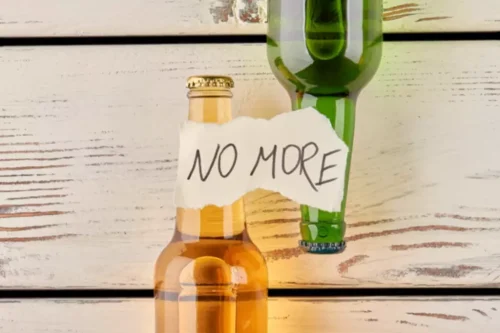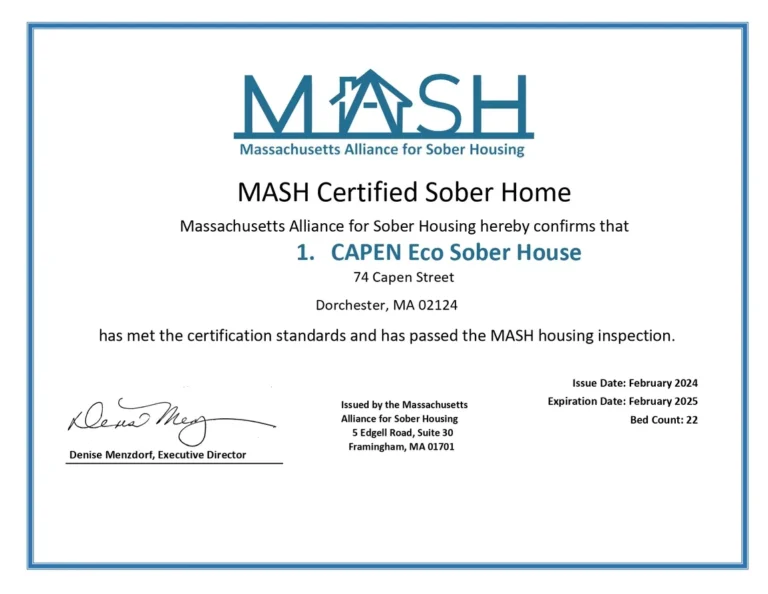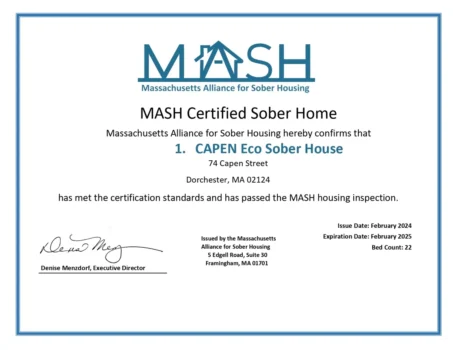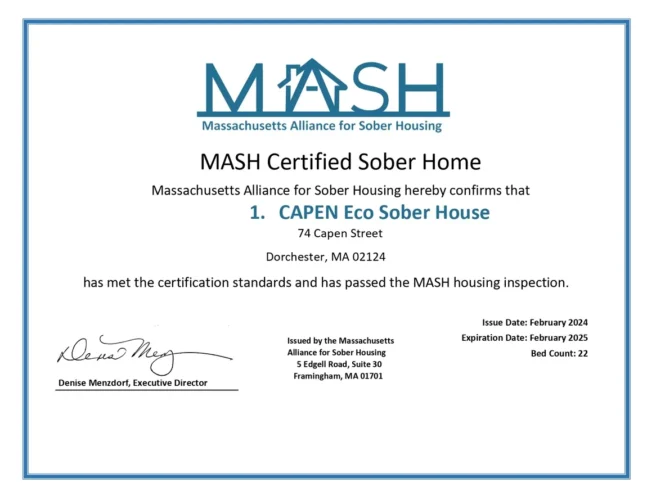Alcohol & Night Sweats Understanding Alcohol & Temperature

Alcohol is known to stimulate the nervous system and increase heart rate, which creates a potential trigger for the body’s natural cooling mechanism—sweating. For anyone with hyperhidrosis, this heightened response could mean more pronounced and widespread sweating. There isn’t a hard and fast direct link between alcohol and hyperhidrosis, but many people with hyperhidrosis do report intensified sweating after consuming alcohol. Enjoying a drink or two is a fun social activity unless you suffer from hyperhidrosis.
The Truth About Alcohol and Body Temperature

Panic attacks, obsessive-compulsive disorder (OCD), post-traumatic stress (PTSD), phobias, and generalized anxiety are all examples of anxiety disorder. People who drink before bed have more fragmented sleep and tend to awaken more during the night than those who don’t consume alcohol. If you have been consuming large amounts of alcohol, your body will continue to does drinking alcohol make you sweat more process it into its byproducts until all the alcohol has been metabolized. As a result, there is no way to speed up this process and flush the alcohol out of your system more quickly than normal.
Sign Up & Get Our FREE Recovery Guide

For many people, night sweats may have links to their alcohol consumption for a particular occasion. People experiencing alcohol withdrawal relating to alcohol dependency should consider seeking urgent medical attention. Other factors, such as menopause or medication use, commonly cause hot flashes and night sweats. One of the most common symptoms of alcohol intolerance is facial flushing, which can also cause excessive sweating. Dehydration is the root cause of many common hangover symptoms, including dry mouth, nausea, brain fog, weakness, dizziness, and headaches.
- While powders will not prevent sweat production, they can protect the skin from moisture damage in a few different ways.
- The remaining alcohol is broken down into various byproducts through the natural metabolism process of the body.
- You’ll stay there 24 hours a day and get care from different types of professional services such as doctors, nurses, therapists and other staff members.
Hydrate Like Your Life Depends on It
- With alcohol intake, the blood vessels in the skin tend to widen when the heart rate speeds up.
- Additionally, people who suffer from alcohol intolerance or are undergoing alcohol withdrawal can experience an even greater increase in perspiration when consuming alcoholic beverages.
- You might also consider drinks that help replenish electrolytes, but be cautious with sugary sports drinks as they can potentially worsen dehydration.
Excessive sweating after drinking alcohol can really ruin a good night out, so let’s look more closely at the relationship between alcohol and hyperhidrosis and what you can do about it. Coming to terms with alcohol problems and managing alcohol withdrawal can be difficult to do alone. If you’re stuck in a cycle of addictive behaviours, seeking professional help may be the safest option for detoxification and treatment–ensuring the best outcomes for long-term sobriety and recovery. Therefore, if you or someone you know is dealing with complications such as alcohol sweats or other withdrawal symptoms caused by an alcohol misuse disorder, you could benefit from support.
- The length and severity of symptoms differ for everyone, shaped by health status, frequency of alcohol use, and personal factors.
- Yes, even consuming small amounts of alcohol can lead to sweating, as the dilation of blood vessels and subsequent increase in blood flow can cause the body to produce sweat.
- If you have trouble sleeping long after you finish drinking, you may need to look at the bigger picture of how alcohol interacts with your overall health.
- If you have night sweats along with some of the following symptoms, it could be a sign that you’re going through alcohol withdrawal.
- Symptoms like facial flushing, nausea, and rapid heartbeat may also accompany the sweating.
Moderation Is Key When It Comes To Drinking Alcohol And Experiencing Hot Flashes

However, it is crucial to remind oneself that what is alcoholism the advantages of escaping alcohol addiction significantly outweigh the discomfort of excessive sweating and other temporary symptoms. Some people experience night sweats within a few hours, while others may not experience night sweats until after a few weeks. Everybody reacts differently to withdrawal, so it is important to seek medical help as soon as you notice these symptoms. Quitting cold turkey can be dangerous and increase the risk of severe health complications including seizures. Seeking professional help from a medical provider or psychologist can provide safe and effective strategies to cope with hot flashes. Hot flashes as a result of alcohol withdrawal can be very uncomfortable and can last for days or even weeks.
After consuming alcoholic beverages, the alcohol is absorbed from your stomach and small intestine into your bloodstream. From there, it travels to your liver where enzymes break down the alcohol. It’s important to note that while some people believe they’re “sweating out” the alcohol itself, this is largely a myth. The amount of alcohol excreted through sweat is minimal compared to what’s processed by the liver and expelled through urine and breath. However, the sweating process is a visible sign of your body working to restore balance after alcohol consumption.
